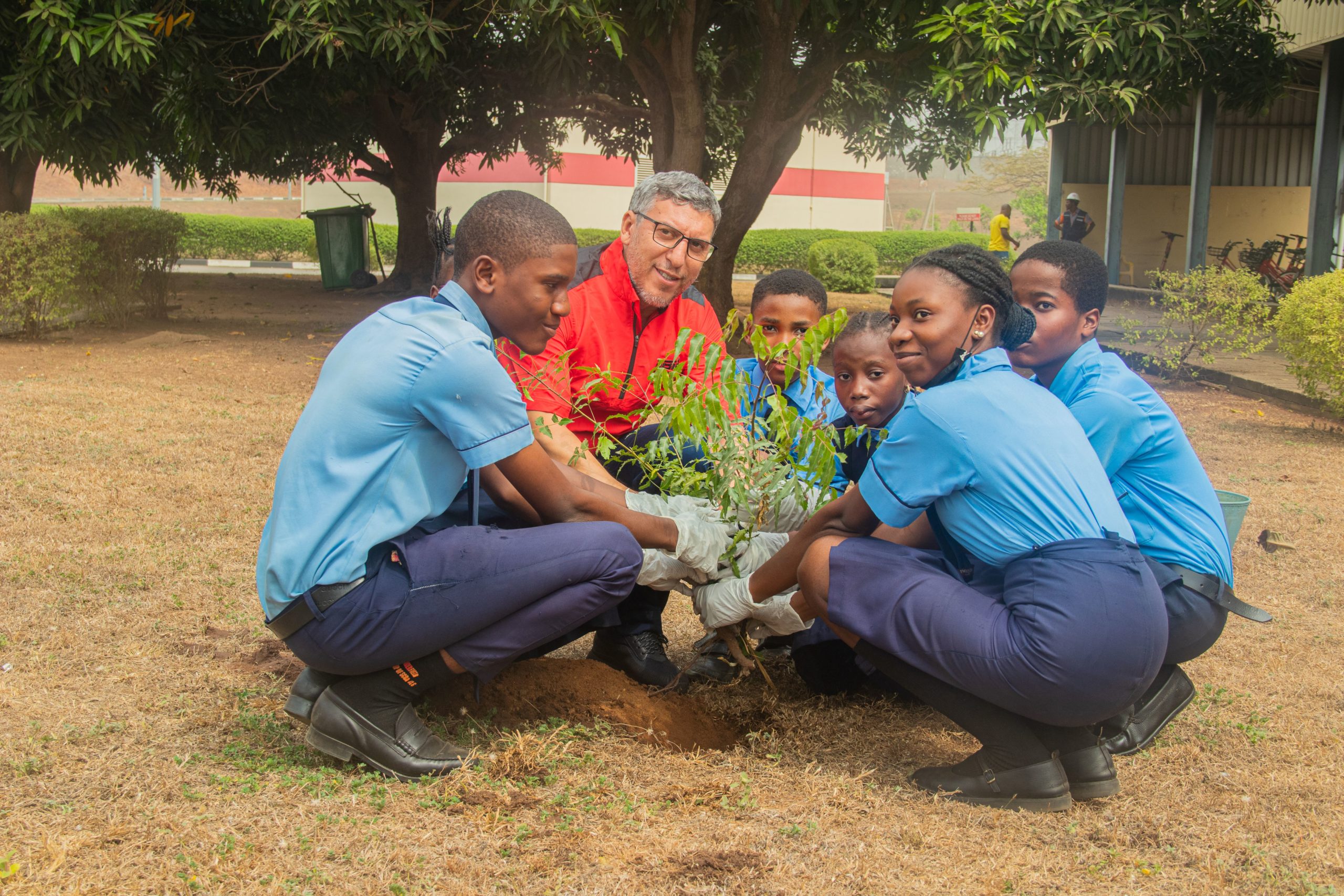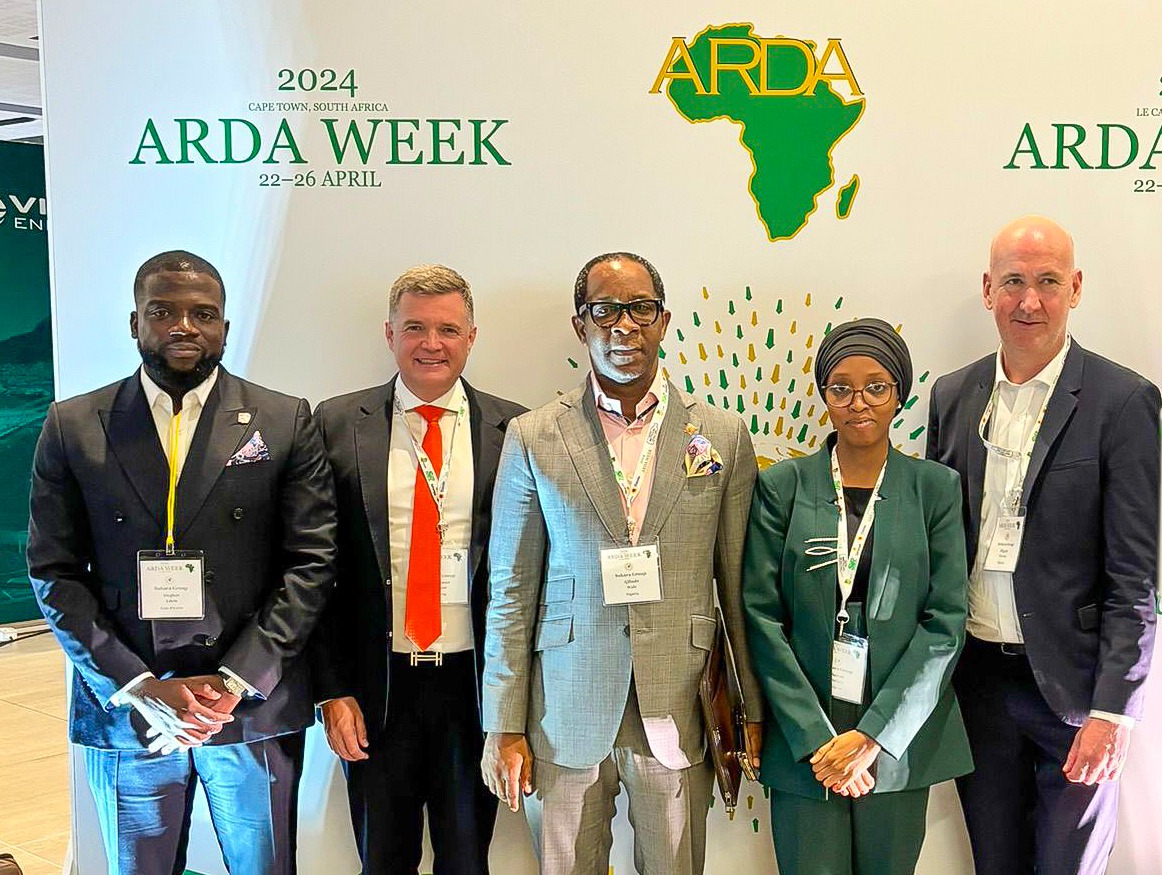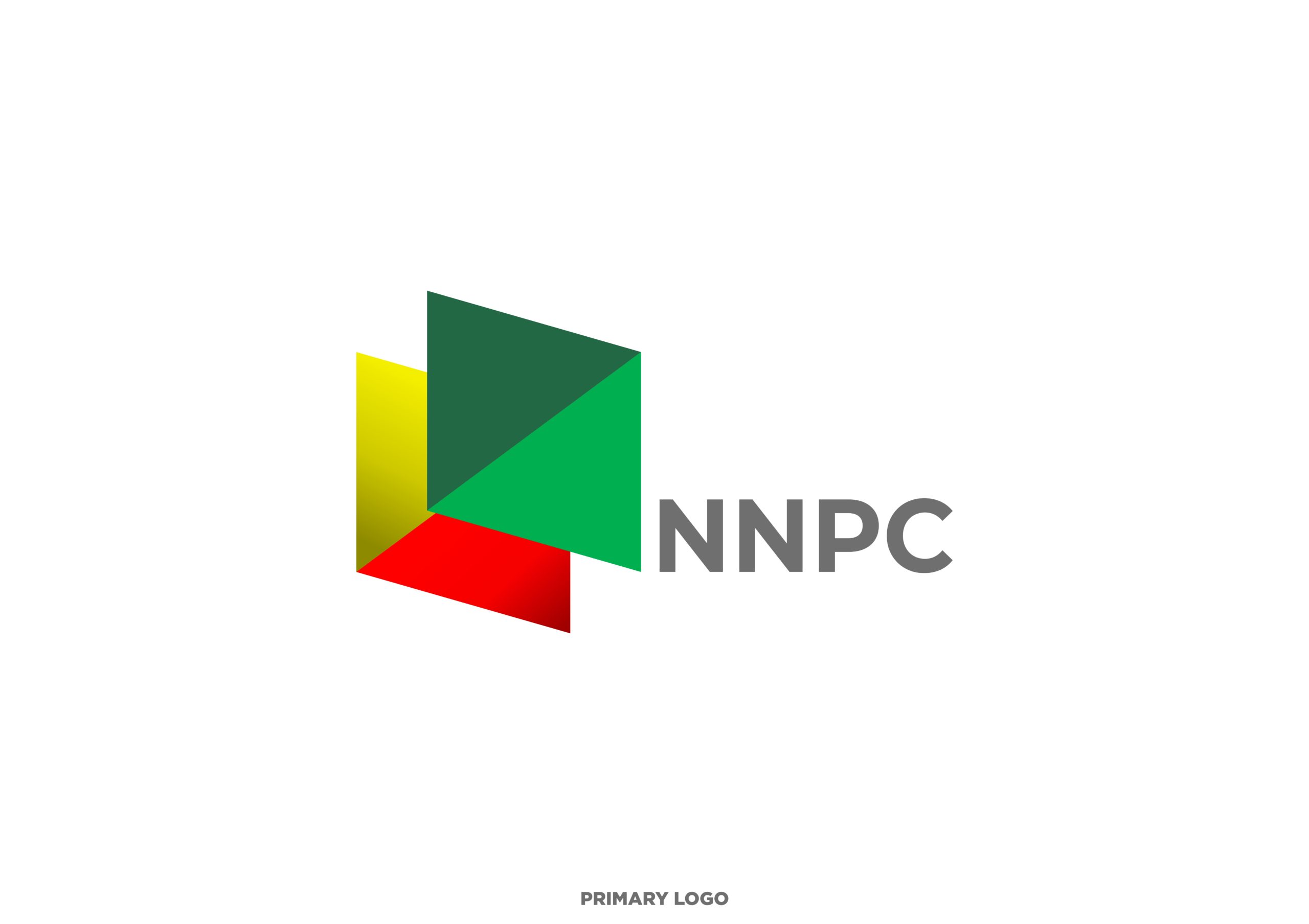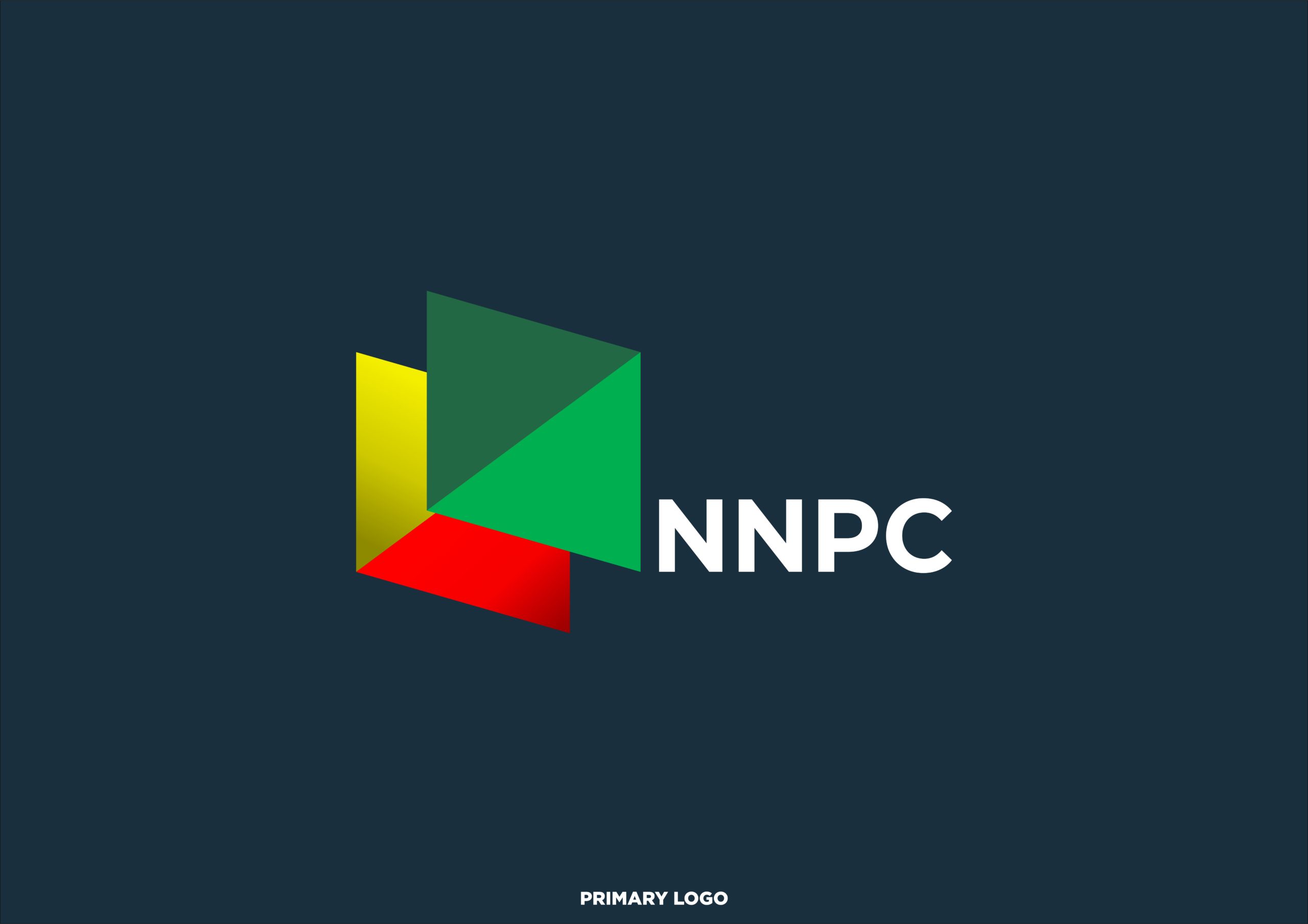Energy
Sustainability: Sahara Group Moves To Remove 450 Tonnes Of CO2 From Atmosphere, Plants 2,000 Trees Per Annum

As part of a consistent effort to drive sustainability, leading energy conglomerate and infrastructure Sahara Group in partnership with Treedom would be planting a minimum of 2,000 trees annually across Africa.
The company is optimistic that these initial set of trees will absorb more than 450 tonnes of CO2 over the next 10 years.
In a statement on Wednesday, the Group averred that “This collection of trees called ‘Asharami Groves’ will be planted in the conglomerate’s locations of operation across Africa, starting with Cameroon (900 trees) and Kenya (1,100 trees).”
It was gathered that the collaboration formed part of Sahara’s efforts to drive environmental sustainability.”
Treedom is a social organization that aims to support sustainable development through tree planting, which has plated over 3 million trees across Africa, South-East Asia, and South America since 2010, when it came into existence.
Biztellers reports that all Treedom’s strategy is to ensure that all trees are planted directly by local farmers, which helps bring environmental, social, and financial benefits to their communities.
Director, Governance and Sustainability, Sahara Group, Ejiro Gray, said, “Sahara Group is committed to taking ambitious actions to address climate change, and our collaboration with Treedom is a significant step towards achieving our sustainability goals.
“We believe that planting trees is one of the most effective ways to mitigate the impacts of climate change, and we are proud to partner with an organization that shares our vision of a sustainable future.”
He maintained that Sahara Group remained committed to environmental sustainability and would continue to champion efforts geared towards preserving the environment and creating a better future for all.
Sahara Group recently announced its 2060 net zero plan, which aims to achieve carbon neutrality by 2060. This is in commitment to driving sustainability through reducing greenhouse gas emissions, promoting energy efficiency, and adopting renewable energy sources, he added.
On the significance of this partnership, Managing Director Treedom, Mario Pacifico, expressed excitement over Treedom’s partnership with Sahara and the impact that it would achieve.
“Treedom is happy to be partnering with Sahara to plant a minimum of 10,000 trees over the next 5 years. We see the energy industry as an area that must actively contribute to positive climate impact, which Sahara will be doing through our agroforestry projects in Cameroon and Kenya.
Additionally, our farmer partners will be directly benefiting socially and economically at the same time through these projects,” Pacifio added.
Biztellers reports that Sahara Group’s partnership with Treedom would be building on previous tree planting initiatives, such as the planting of 1000 trees on a 2km range vegetation at Egbin Power Plc (a Sahara Group Power generation company) planting 1000 trees, helping to maintain the ecosystem balance.
With about 140 electric scooters and buggies, Egbin’s ‘Go-Green’ initiatives cut back 670,000kg of CO2 emission annually.
In addition, Ikeja Electric, a Sahara Group power distribution company pioneered the switch from paper-based to e-bills in a bid to promote sustainability.
At the First Independent Power Limited (FIPL), another member of the Sahara Group family, a journey manager app digitally tracks movements that require the use of company vehicles, thereby reducing unnecessary vehicle usage and promoting more efficient transportation and environmental sustainability.
Energy
Sahara Group Urges More Refining, Storage To Boost Africa’s Downstream

Inadequate refining capacity, insufficient storage, and impeded product movement across Africa are the three major impediments slowing the growth of the continent’s downstream oil sector, Wale Ajibade, Executive Director, Sahara Group has said.
Ajibade expressed his views in a paper “Africa Downstream Market Developments and Forecast” presented at the recently concluded Africa Refiners and Distributors Association (ARDA) Week 2024 in Cape Town, South Africa.
He maintained that addressing these gaps would transform Africa’s downstream petroleum industry.
Biztellers reports that the ARDA Week 2024 is Africa’s foremost gathering of stakeholders in the downstream oil industry.
Ajibade noted that shoring up the continent’s refining capacity was critical to sustaining efficiency, availability and accessibility in the sector.
He explained that as Africa explored ways of achieving hitch-free energy transition, efforts must be made to ensure optimisation of the sector’s value responsibly and collaboratively.
In his words, “Many African countries lack sufficient refining capacity to meet domestic demand, leading to heavy reliance on imports. This lack of self-sufficiency leaves these markets vulnerable to supply disruptions.
“Addressing this would require fresh investments and collaboration across the sector’s value chain.”
On insufficient storage infrastructure, Ajibade pointed out that this has continued to hamper the ability to maintain strategic reserves and ensure reliable supply during times of high demand or supply chain disruptions.
“In East Africa, shippers at Beira, Dar es Salaam and Mombasa — the key entry ports for refined products — are experiencing significant demurrage. Ageing and poorly maintained pipeline networks result in significant product losses and distribution bottlenecks,” he stated.
According to him, a collaborative solution which involves regulators, operators, investors, financial institutions, and government owned oil companies is required to help the African downstream sector to reach its full potential and provide reliable and affordable energy access to the continent’s growing population.
“Africa’s downstream Market leaders will need to work closely with her the various governments and agencies to carefully navigate the complex challenges through regulation and technology adoption while pushing for sustainable growth across Africa,” he added.
He also stated that the continent increasingly relied on imports of refined products to support consumption growth, primarily due to the underutilisation of existing refineries caused by technical issues.
He called for, “Investments in refinery upgrades, pipeline modernisation, and the construction of new storage facilities will be crucial to overcoming these challenges and unlocking the region’s energy security and economic development.”
Highlighting some positive trends in the sector, Ajibade said the African downstream market is experiencing rapid growth and transformation, driven by soaring energy demand, population growth, and the focus on industrialisation, urbanisation, and economic He explained that these would drive the demand for refined petroleum products, petrochemicals, and related downstream services is forecasted to grow by up to 30% by 2040.
“Africa is experiencing a lot of migration from rural to urban areas. In 2015, Africa had only six cities with more than five residents compared to 17 expected in 2030. Africa has experienced an increase in the number and capacity of industries across the continent, with industrial GDP set to double by 2025,” he said.
On the promotion of regional and cross-border trade, Ajibade noted that initiatives such as the African Continental Free Trade Area are promoting regional integration and facilitating cross-border trade in downstream products.
“This is encouraging investments in integrated downstream assets, logistical infrastructure, and harmonised regulatory frameworks to capitalise on the expanded market opportunities,” concluding that production of chemicals, plastics, lubricants, and specialty products would foster self-sufficiency and spur economic growth through increased job creation, reduced import reliance and enhanced technological innovation,” he added.
Energy
NNPC Ltd, Partner Unlock 12,000bpd Production From Awoba Unit Field

Keen on optimising production from the nation’s hydrocarbon assets to boost revenues and meet her OPEC production quota, the Nigerian National Petroleum Company Limited (NNPC Ltd.) and its Joint Venture partner in the Awoba Unit Field, Newcross Exploration and Production Ltd., have restarted production from the Awoba field which last contributed production to the Bonny Terminal in 2021 and was finally shut down in February 2022 due to evacuation issues and crude oil theft.
This was contained in a statement put out on the state oil company’s X handle on Tuesday from Abuja, under the signature of its Chief Corporate Communications Officer, Olufemi O. Soneye.
He asserted that since the restart of the Awoba field by NNPC Ltd and it partners on April 13, 2024; production from the field has averaged 8,000 barrels per day and is expected to plateau at 12,000 per day at full ramp up within 30 days.
Awoba is also expected to significantly boost gas supply to the power sector and other gas-based industries, Soneye added.
Biztellers reports that the Awoba Unit which straddles OMLs 18 and 24 is located in the mangrove swamp south of Port Harcourt, Rivers State. Both OML 18 and OML 24 assets are under the management of the NNPC Upstream Investment Management Services (NUIMS).
Recall that the NNPC Ltd. has been recording a string of production successes from the JV portfolio which have significantly lifted overall national production. Besides the recent start of production at the Madu Field by the NNPC Ltd/First E&P JV, the company has achieved the restart of production at OMLs 29 and OML 18 in late 2023 which have steadily contributed an average of 60,000bpd to the nation’s production output since their restart.
The Group Chief Executive Officer of NNPC Ltd., Mallam Mele Kyari, ascribed the achievement to the President Bola Ahmed Tinubu administration’s success in providing enabling operating environment for businesses to thrive.
He expressed appreciation to all stakeholders (staff, operators, host communities, government security agencies, and private security contractors) who played a pivotal role in achieving the feat.
Energy
NNPC Ltd, First E&P Achieve 20,000bpd Production At OML 85

The Nigerian National Petroleum Company Limited (NNPC Ltd) and its Joint Venture partner in OML 85, First Exploration and Petroleum Development Company Limited (First E&P), have commenced oil production from the asset also known as Madu Field.
Biztellers reports that production from the field which is located in shallow waters offshore Bayelsa State and operated by First E&P is expected to be at an average of 20,000 barrels per day.
The achievement is a testament to the commitment of the President Bola Tinubu administration to optimise production from the nation’s oil and gas assets through the provision of enabling environment for existing and prospective investors.
According to the Group Chief Executive Officer of NNPC Ltd, Mele Kyari, the commencement of oil production at the Madu Field is a significant milestone that will contribute to the larger goal of meeting the production required to drive revenue growth and boost the nation’s economy.
He commended stakeholders for their support, and opined that the addition of 20,000 barrels per day by an indigenous oil player signals the commitment of stakeholders to achieving economic development for Nigeria.
Recall that the Final Investment Decision (FID) on the development of the Madu Field and a sister field, Anyala, was taken by the NNPC Ltd/First E&P JV in 2018.
Production from the Madu Field will be processed at the JV’s Abigail-Joseph Floating Production Storage and Offloading (FPSO) Unit, which has a crude oil storage capacity of up to 800,000bbls.


















